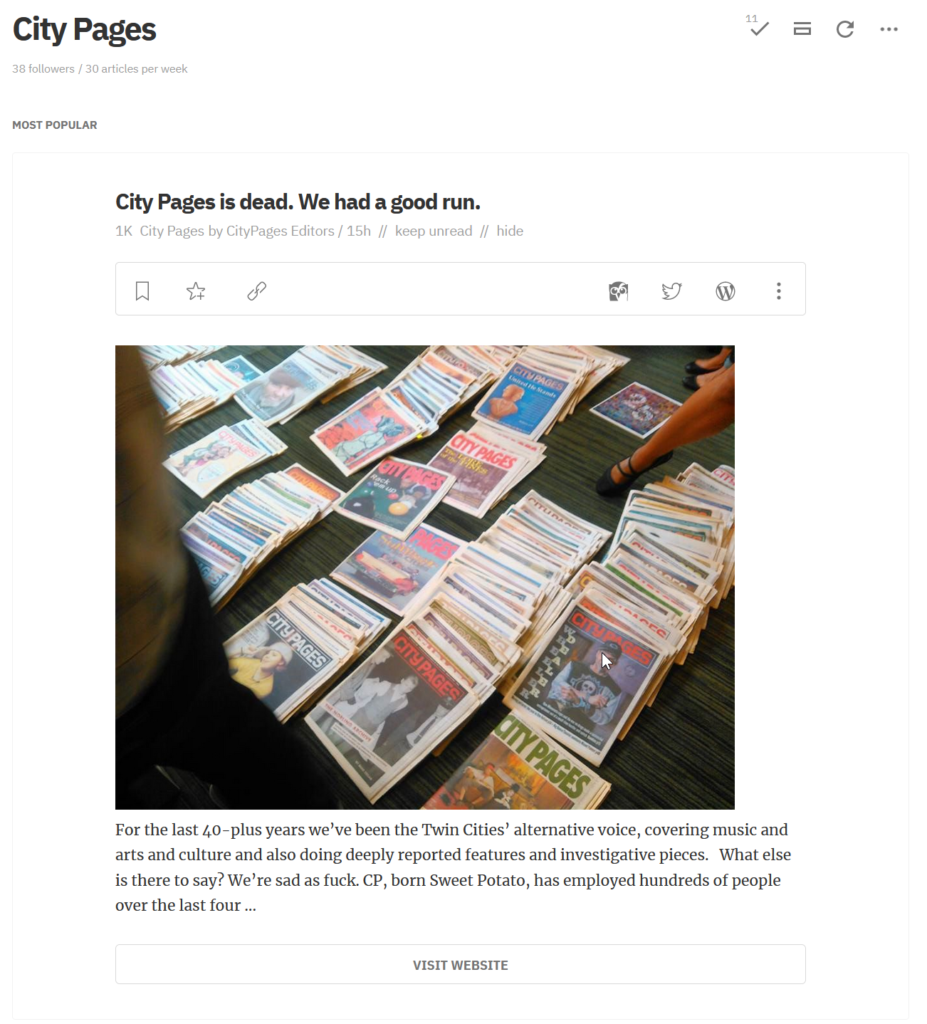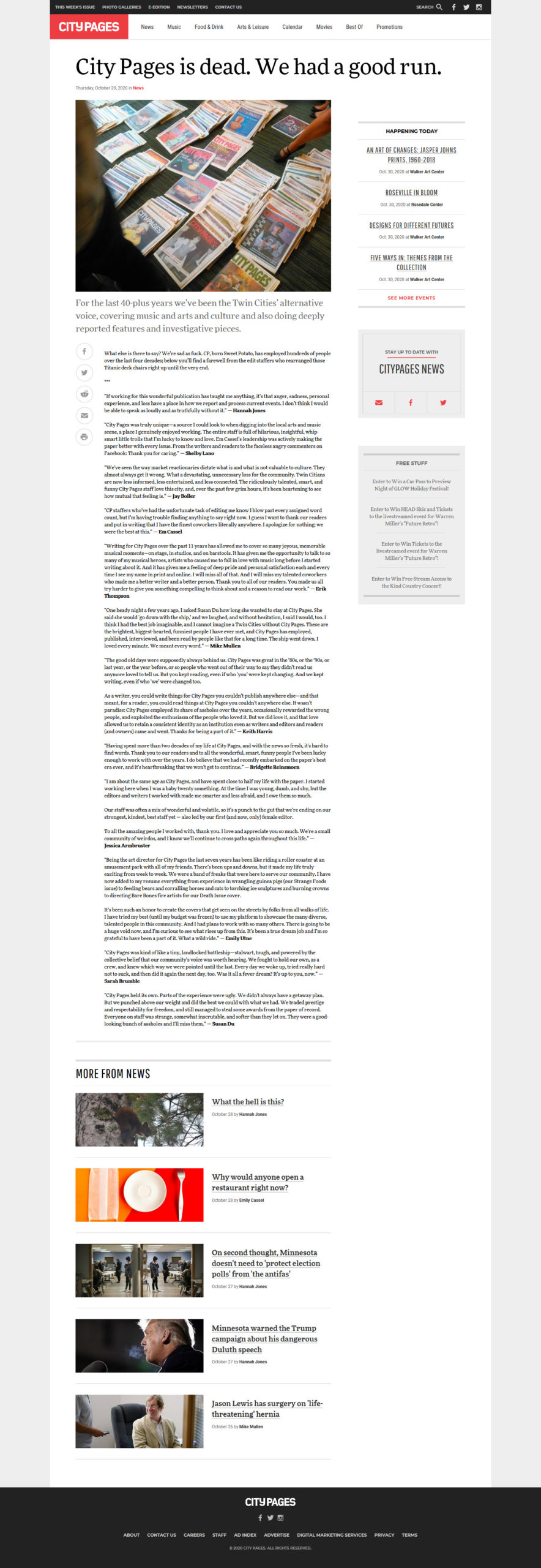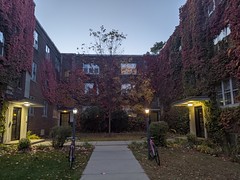Stephen Milton, who helped to design and build the Gigabit Now service in Sea Ranch, California explained that his company had to obtain permission from 23 separate local, county, and federal granting agencies to get the new project up and running. Broadband provider Sacred Wind out of New Mexico wrote in a filing to the FCC that an application involving one landowner and one authorizing jurisdiction commonly takes 2–4 years to complete, while something more complex, that involves more than one piece of land spanning multiple authorizing jurisdictions, can take anywhere from 4–8 years to complete. Slow response times translate into delays and adoption lags.
Source: The curious case of Romanian broadband | by Will Rinehart | The Benchmark | Oct, 2020 | Medium
Here in the US most of these bumps are by design by way of from redlining, NIMBYism, and plain old lack of foresight from local governments. This in turn gave more power to state governments who in turn receive most of their regulatory guidelines from the companies they’re supposed to be regulating. A lot of states now explicily forbid cities, counties, and municipalities from even trying to enact their own regulations when it comes to broadband, specially publicly owned infrastructure.
Wealthy neighborhoods will always see at least two companies deal with the regulatory gauntlet as they know the profits to be made will be worth it, which in turn helps attract more wealthy people to the neighborhood. Poor neighborhoods have not seen that kind of investment in decades, and will likely never see it in the foreseeable future. Here in Minneapolis one company is rolling out fiber throughout the city and North Minneapolis isn’t even in the plan for them. This has been a historical goal of racist and classist local governments.
Should government at any level try to change the rules, companies involved in last-mile telecom duopolies will scream bloody murder and call up their wholly owned GOP subsidiary in Congress to keep the status quo.
















